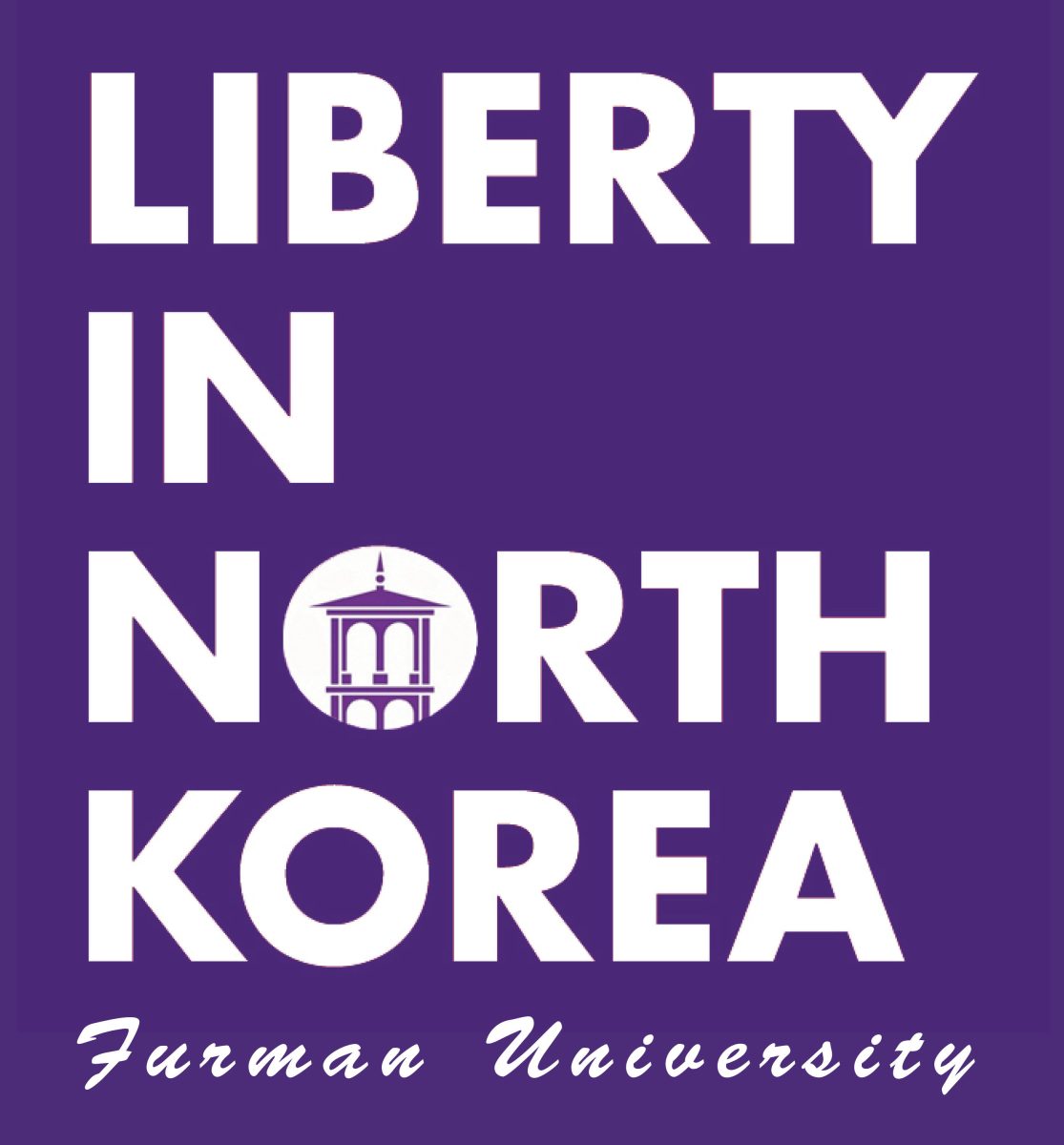
By Lauren Chew, Stephanie Ortega, Jun-Hyun Yoon, Representatives of Furman University’s Chapter of Liberty in North Korea
Public persecution including children and collective punishment that follows three generations of one’s family can easily be found in the Democratic People’s Republic of Korea. With two Americans prisoners recently released from the North Korean regime, there is a new glimpse into the isolated country and what its citizens endure every day.
This past weekend, the last two remaining Americans detained in North Korea were released. Kenneth Bae, an American-Korean missionary, was arrested in North Korea in 2012 for committing crimes against the state and was consequently charged with 15 years of hard labor. Matthew Todd Miller, an American tourist, was arrested in North Korea after tearing his tourist visa apart, demanding asylum. The North Koreans alleged that Miller prepared to violate the law deliberately to investigate human rights issues in North Korea, particularly within prison camps. Miller was convicted of espionage and sentenced to six years of hard labor.
The recent release of Bae and Miller have stirred suspicions about real reasons North Koreans decided to release its American prisoners now. This has prompted assumptions about the North Korean regime trying to set an example for others, hoping to drive its citizens to fear the consequences of violating the regime’s rules, thus reinforcing North Korea’s heavy reliance on propaganda.
Bae and Miller are considered extremely lucky for being released when they were; some feared that the Americans would never be released at all. Many who attempt to escape from North Korea every year are not so fortunate. Most of the time, these North Korean refugees’ only option is to escape into China, but that is just the beginning. Despite the growing number of North Koreans risking their lives to escape economic hardship and the oppressive Kim regime, North Korea has been working with China to strengthen borders.
According to international refugee law, the millions of North Korean people who escaped North Korea should obtain basic human rights, including freedom of movement, speech, and information as well as shelter and protection. However, the Chinese government refuse to recognize North Korean refugees as refugees, instead calling them “economic migrants.” China chooses to continue its political partnership with North Korea by repatriating refugees back to North Korea, knowing that doing so will result in harsh punishments including brutal beatings, forced labor, forced abortions, torture, and internment in political prison camps.
There are an estimated 30,000 to 50,000 North Korean refugees in China, most living in dangerous situations, vulnerable to exploitations such as hard labor and sex trafficking. These North Koreans trying to flee do not have a major world power like the United States to rescue them. They rely on themselves, their families, and their own resources. They alone are their only hope.
The United Nations has officially published a report of crimes against humanity committed by North Korea. Navi Pillay, the United Nations Human Rights Chief said that North Korea has “allowed the government to mistreat its citizens to a degree that should be unthinkable in the 21st century.”
The truth of is, not many Furman students, or any students for that matter, know the harsh realities that is going on behind the black veil that surrounds North Korea. North Korea is currently the world’s most oppressive government and students like us have the ability to bring about change for people of our generation, even in North Korea.
Through growing awareness and organizations such as Liberty in North Korea, there is hope for change in these refugees’ futures. There needs to be more conversations within classrooms and student organizations that inform students about human rights issues that stretch beyond the limitations of our city, our state, even our country. That is what a liberal arts education should do.
Realizing the magnitude of this human rights crisis and the potential outcome for the people in North Korea, a group of Furman students have established “Liberty in North Korea at Furman University.” If you would like to learn more about the humanitarian issues in North Korea, you can reference this organization and help amplify the North Korean peoples’ unheard voices.









































